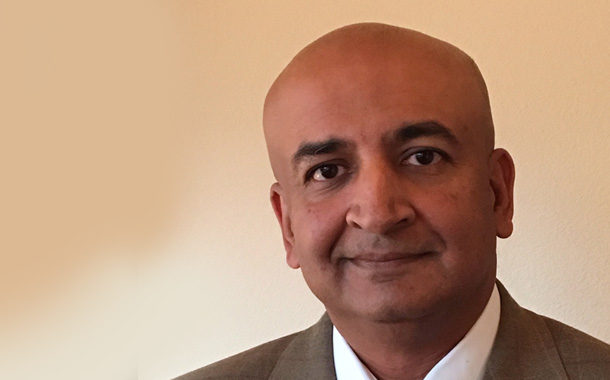With AI being the talk of the town in the tech community, Enterprise IT World in a candid discussion with Gautam Sinha, CEO, Times Internet scrutinizes the aftereffects of its massive adoption as well the disruption which it will bring in our day to day life
What is your take on the adoption of Artificial Intelligence being touted as a dangerous trend by many industry experts of late?
I think there is no absolute answer to that. Machines have the capacity to learn by themselves today. Let’s first analyze the impact of AI on job market which is a socio-economic impact. Had jobs been being replaced before owing to technology, the answer is Yes. The only difference is that the transformation which used happen in 50 years will now happen in 5 years. We don’t have the time to adapt and change because things will move fast.
[quote font=”tahoma” font_size=”13″ font_style=”italic” color=”#262626″ bgcolor=”#f9f9f9″]
 “Adoption of Artificial Intelligence is inevitable and in business across all sectors need to gear up for its implications”
“Adoption of Artificial Intelligence is inevitable and in business across all sectors need to gear up for its implications”
Gautam Sinha
CEO
Times Internet
[/quote]
There are a lot of jobs which involves repetitive tasks and come as great use cases for automation. Assume a scenario that by 2025 all cars become autonomous this makes the life of professionals much more productive. These are good things to happen. But a lot of ancillary industries will get impacted. This will be going to happen be it right or wrong but it will happen. We as a society have to evolve ourselves to be able to work.
Go back 20 years from now when the banking and railway sector revolution was happening. In those days we had to take a half day leave just to get a reservation on trains. Now whatever is happening is not very different from what happened then. But today it is happening at a very rapid pace and we cant understand the implications of it. So AI will have an impact on our lives.
There will be a lot of job loss due to AI and automation. Are we ready to encounter that magnitude of job loss?
I am afraid we are not ready. For us to be ready it’s not just a very trivial task. The entire education system has to change. Today we are preparing our students to pass the exams we are not preparing them to prepare for the life where the questions are not known. The intelligence today is in knowing the answers while in actual it’s about asking the right questions.
The moment we flip our education system wherein we can say that do you know the right questions to solve a problem then we are sort. As a society, we are not prepared. None of the society is prepared in the world and get into the reality of it.
Should we prepare? Yes, we should. There will be job losses resulting in short-term pain. Just like the Banking and Railway example, People will evolve into higher levels of work which is not necessarily a bad thing. There will be a short-term pain and then everything will be fine after a while they will adopt it.
Machine learning and automation are taking over. In that scenario what kind of specialization should the people or governments look for to avoid massive unemployment?
It is going back to focus on your core skills, not knowledge. Being able to ask Google the right question is your ability. So the shift happens from Hey I know all the capitals of the world to why is this the capital of the world.
Why can’t Jaipur be the capital of India? This is the shift which people have to undertake. The figuring out of why and what should be the shift. We are no more be going to rewarded by facts. Google knows everything.
Which are the digitally disruptive technologies adopted by Times Jobs to revolutionize the job market?
Every business is different. Times Jobs has a very different character to it. Times Internet runs about 40 businesses. From the technology adoption perspective, we are right at the global level. So whatever happens at the Silicon Valley is what we implement here. I have worked for 25 years in the valley so there is a very close resemblance to what kind of culture we have to build as well as what kind of platforms we want to build.
We are no longer competing with Indian players we are competing with global bodies. So it doesn’t matter whether you are based out of India. What matters is what kind of teams you have; what kind of culture you implement; what kind of process you have that you can compete with the rest of the world. The entire process was less about technology it was always about the people, the culture.
Looking at the kind of growth which you have garnered so far the journey has been credible. For 2020, what all organizational goals have you set and what all channels you are driving through to accomplish them?
One is the culture and that has been my primary focus over the last few years. When you are trying to compete with the best in the world you are trying to attract the best in the world as employees. You have to give them a culture which is best in the world. When I say culture in the organization it’s transparency, meritocracy, high emotional question and empathy. If you are able to eliminate the hierarchy in a company it’s a flat structure and an open door policy, then you certainly start moving towards a more robust culture.
That is something we have been following since last 5 years. We have focused a lot on talent screening to ensure we get the best because if you want to compete with the best in the world you need to have a team which is best in the world.




